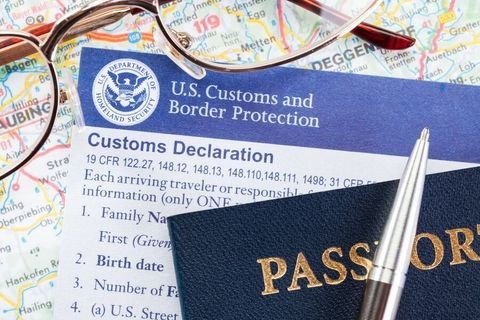Human Rights and Forced Labor
Overview
Modern Slavery, Child Labor, and Supply Chain Due Diligence
Despite the recent attention, restrictions on forced labor are not new. The U.S. law banning goods made by slave or child labor – 19 U.S.C. § 1307 – dates back to the Tariff Act of 1930 and prohibits the importation of goods made wholly or in part with forced labor. U.S. Customs and Border Protection (CBP) implements Section 1307 through the issuance of Withhold Release Orders (WRO) and findings to prevent such goods from entering the U.S.
Insights
Blog Post | 02.27.23
Continued Pain In The Retail Sector: Coming Enforcement Of Forced Labor Laws
Publication | 02.20.23
Forced Labor, Supply Strain January 19, 2023 - Double Take By Newton
Firm News | 2 min read | 02.16.23
Chambers Ranks Eight Crowell Practice Groups and 15 Lawyers in 2023 Global Guide
Insights
Blog Post | 02.27.23
Continued Pain In The Retail Sector: Coming Enforcement Of Forced Labor Laws
Publication | 02.20.23
Forced Labor, Supply Strain January 19, 2023 - Double Take By Newton
Firm News | 2 min read | 02.16.23
Chambers Ranks Eight Crowell Practice Groups and 15 Lawyers in 2023 Global Guide















